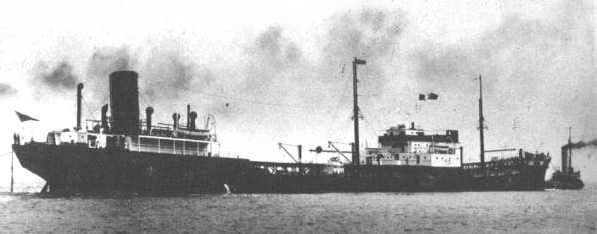 When most people think of petroleum they think of gasoline and diesel gas. They might even conjure up photographs of jet fuel, but most will hardly ever consider the opposite unexpected locations that petroleum byproducts present up in trendy life. As a result of crude oil accommodates a vast quantity of different hydrocarbons, various refined merchandise have found their manner into every part from plastics to pharmaceuticals.
When most people think of petroleum they think of gasoline and diesel gas. They might even conjure up photographs of jet fuel, but most will hardly ever consider the opposite unexpected locations that petroleum byproducts present up in trendy life. As a result of crude oil accommodates a vast quantity of different hydrocarbons, various refined merchandise have found their manner into every part from plastics to pharmaceuticals.
The industry that makes use of petroleum to produce other chemicals is referred to because the petrochemical business. It’s estimated that industrialized nations at the moment devour petrochemical merchandise at a fee of three and a half gallons of oil per day. That signifies that, excluding fuel oil, trendy life results in each citizen of an industrial nation utilizing over 1,200 gallons of oil per year.
Agriculture

One of the most important makes use of of petroleum is in the manufacturing of ammonia for use as the nitrogen source in agricultural fertilizers. Within the early 20th century, Fritz Haber invented a process that allowed for industrial scale manufacturing of ammonia. Prior to that, ammonia for fertilizer got here solely from manure and different biological processes.
The Haber process works in two steps. First, methane from natural fuel is cleaned to remove sulfur and hydrogen sulfide. It is then reacted with steam over a catalyst to provide hydrogen and carbon dioxide. In the following step, which is the actual Haber process, hydrogen and gaseous nitrogen are reacted at excessive heat and strain to provide ammonia, which is siphoned off and added to chemical fertilizers.
Agriculture also depends upon using pesticides to ensure consistent, healthy crop yields. Pesticides are virtually all produced from oil. In essence, from working farm machinery to fertilizing plants, agriculture is one among the most important users of petroleum based mostly products.
Plastics
Plastic is a staple of modern life. From laptop screens to nylon to Styrofoam, plastics are integral features of many manufactured products. Polystyrene, from which Styrofoam is made, and polyvinyl chloride (PVC) have been both products of submit-World Conflict II industrialization. Nylon, which is in everything from stockings to mechanical gears and even in automobile engines, is probably the most successful petroleum-based mostly plastic to date. Most plastics come from olefins, which embrace ethylene and propylene.
Tires
Tires are made of rubber. Till 1910 all rubber was produced from pure elastomers obtained from plants. The necessity for synthetic rubber was comparatively small until World Struggle II, which resulted in embargos on natural rubber from South America and the need to produce artificial rubber on a big scale. Rubber is primarily a product of butadiene.
Mineral oil and petrolatum are petroleum byproducts used in lots of creams and topical pharmaceuticals. Tar, for psoriasis and dandruff, is also produced from petroleum. Most pharmaceuticals are complex natural molecules, which have their basis in smaller, easier natural molecules. Most of those precursors are petroleum byproducts.
Dyes, Detergents, and Other
Petroleum distillates akin to benzene, toluene, xylene, and others provide the uncooked material for merchandise that embrace dyes, synthetic detergents, and fabrics. Benzene and toluene are the starting materials used to make polyurethanes, that are utilized in surfactants, oils, and even to varnish wooden. Even sulfuric acid has its origins in the sulfur that’s removed from petroleum.


